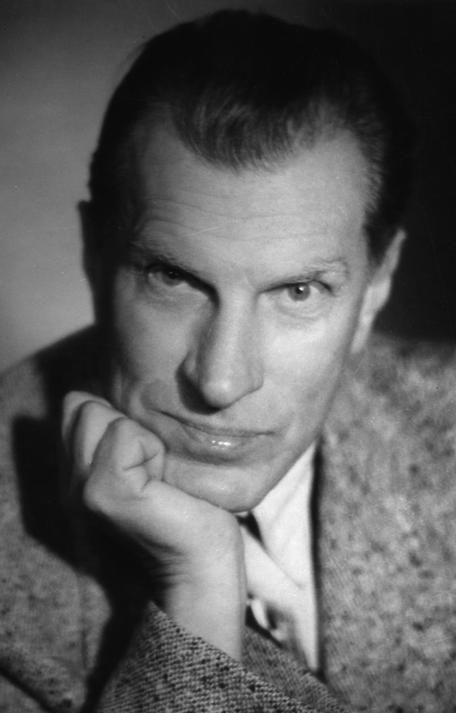On 28 November 1894, Arkady Fiedler, one of Poland’s best-known writers and globetrotters, was born in Poznań. Several generations of Poles have been raised by his books. During the period of communist rule in Poland, when travelling abroad was difficult or even impossible, Fiedler’s books (including The River of Singing Fish, Canada Fragrant with Resin, Robinson’s Island and Little Buffalo) provided a substitute for distant expeditions and adventures in exotic countries.
Fiedler, in his 91-year life, made 30 journeys to places as distant from Poland as Brazil, Peru, Guyana, Indochina or Tahiti. He often invited various companions on his expeditions. During an expedition to Madagascar to explore the possibilities for settlement on the island, he was accompanied by representatives of Jewish organisations. Each trip was preceded by careful preparations, studying maps, atlases, scientific studies and establishing contacts with the Polish community. The results of his travels were passionate books portraying the local people and animals, shaping in his readers a respect for other cultures and peoples. His reportages and novels were published in more than 20 languages and the number of books worldwide approached 20 million.
The traveller also was a patriot. He belonged to the Polish Military Organisation, participated in the Wielkopolska Uprising (1918-1919), and later served in the gendarmerie. The outbreak of the Second World War found him, as a reserve soldier, in Tahiti on the Pacific Ocean. Abandoning exotic trips to fight the Germans, he made his way to France and joined the Polish army formed there, then served in the UK as an infantry lieutenant. He collected material to report on the heroism of the Polish pilots glorified in the Battle of Britain, publishing the famous book Squadron 303. He also described the war effort of the Polish sailors.
After the war, he returned to Poland and settled near Poznań continuing to travel and write. From his research trips he brought back numerous and valuable natural and ethnographic specimens. In December 1973, a private travel museum was opened in his house in Puszczykowo, which still exists today. During his last expedition to Africa, at the age of 87, he suffered a stroke, after which he had to learn to speak and write again. He died on 7 March 1985.





